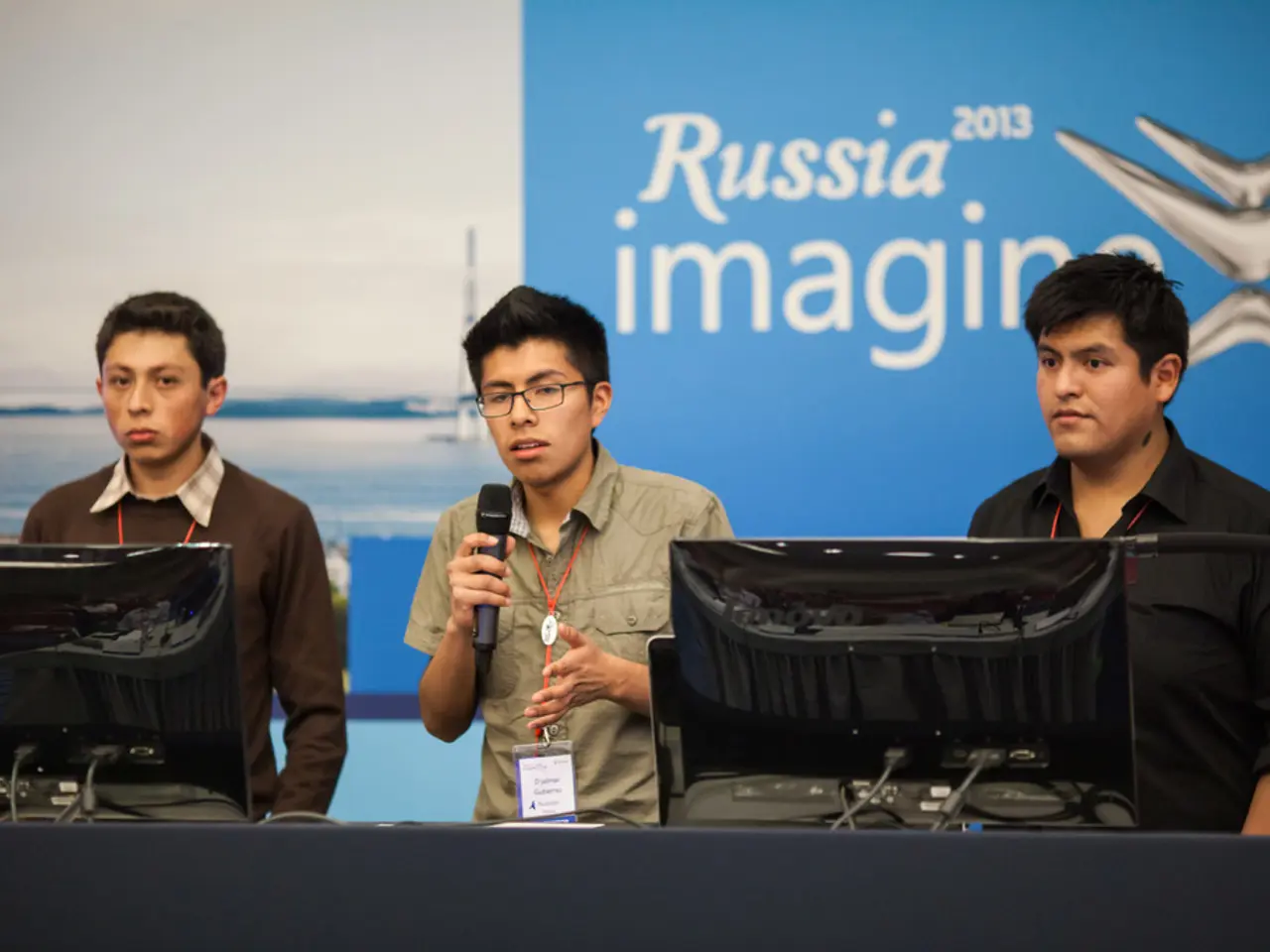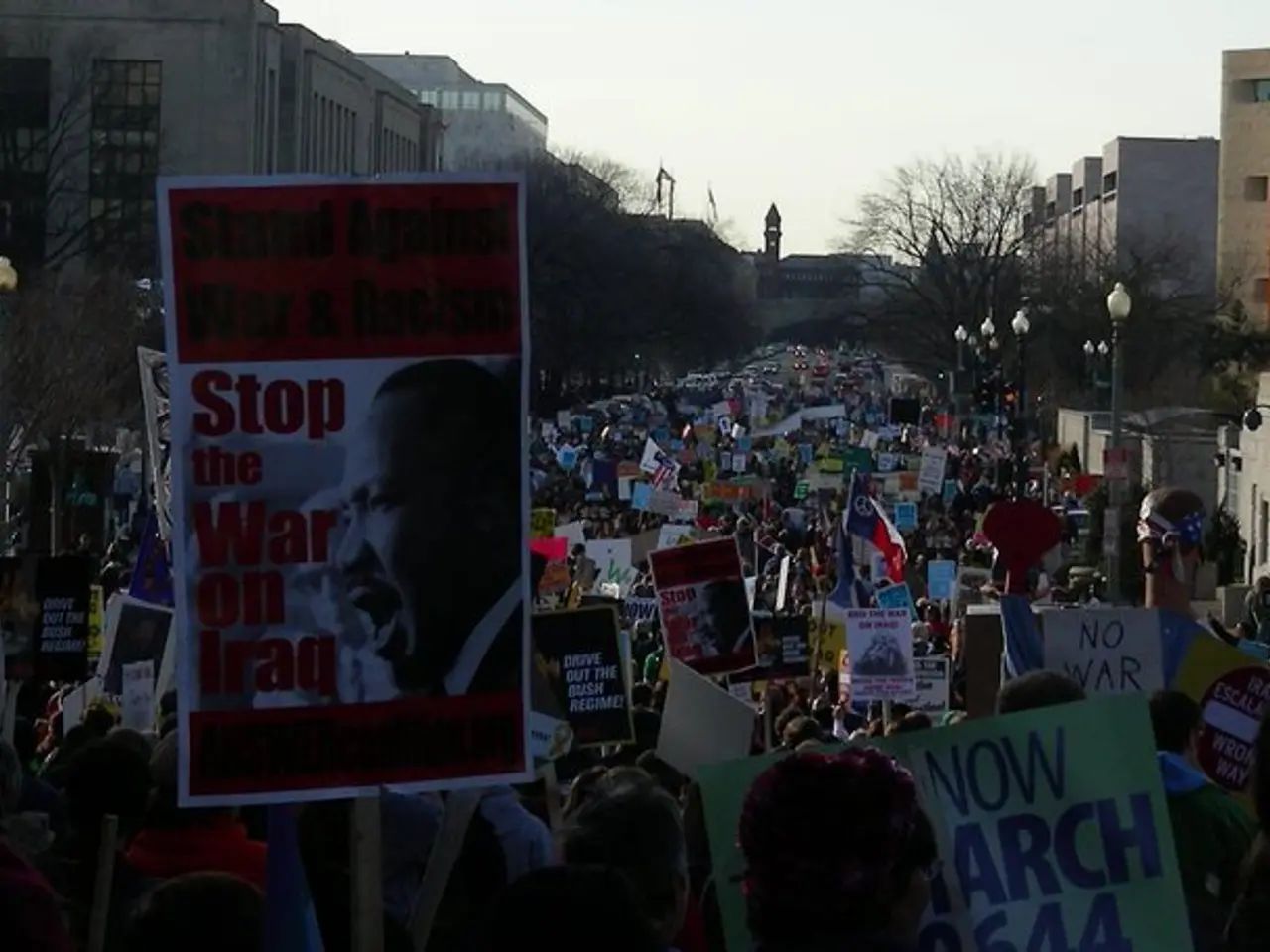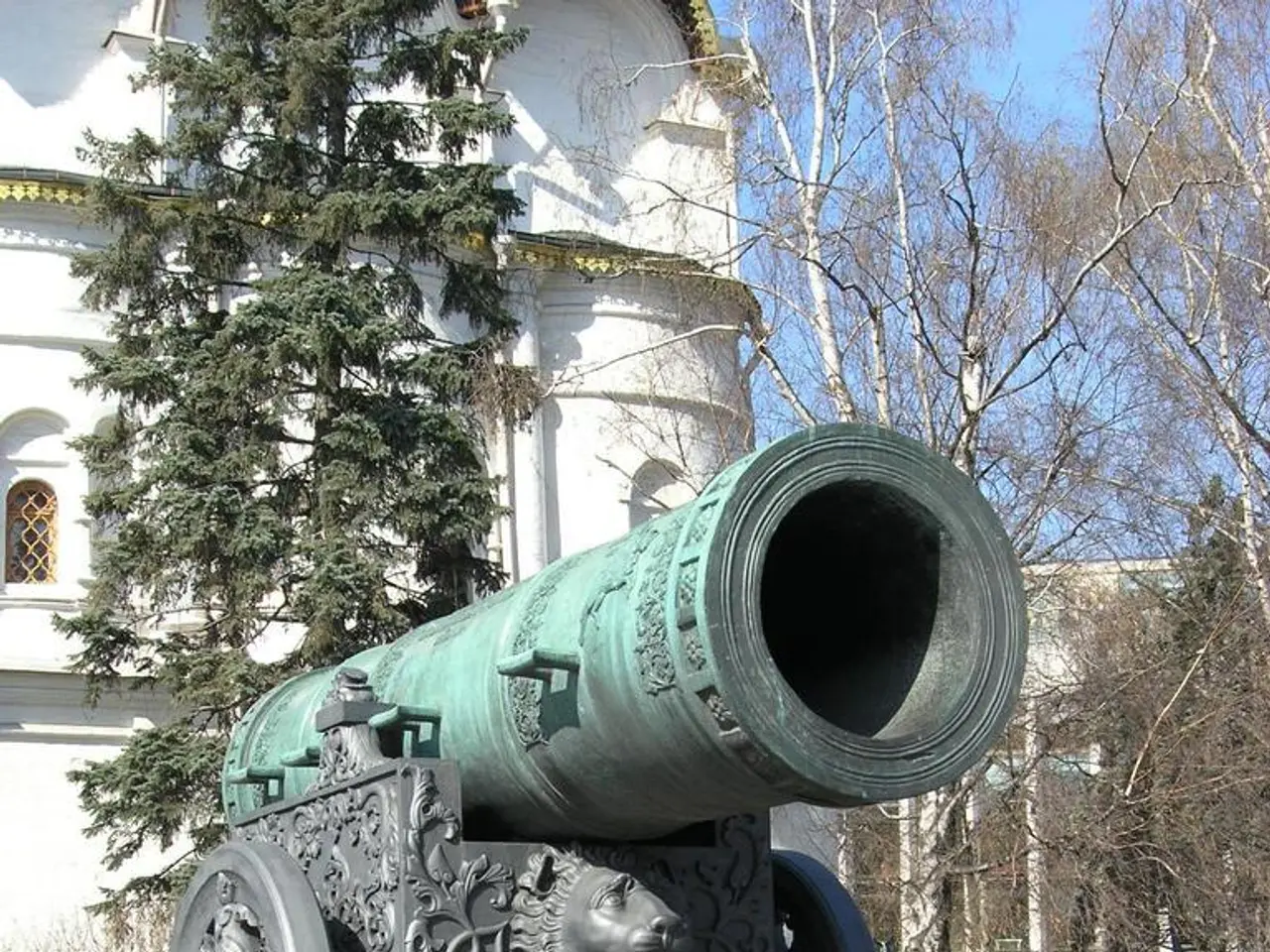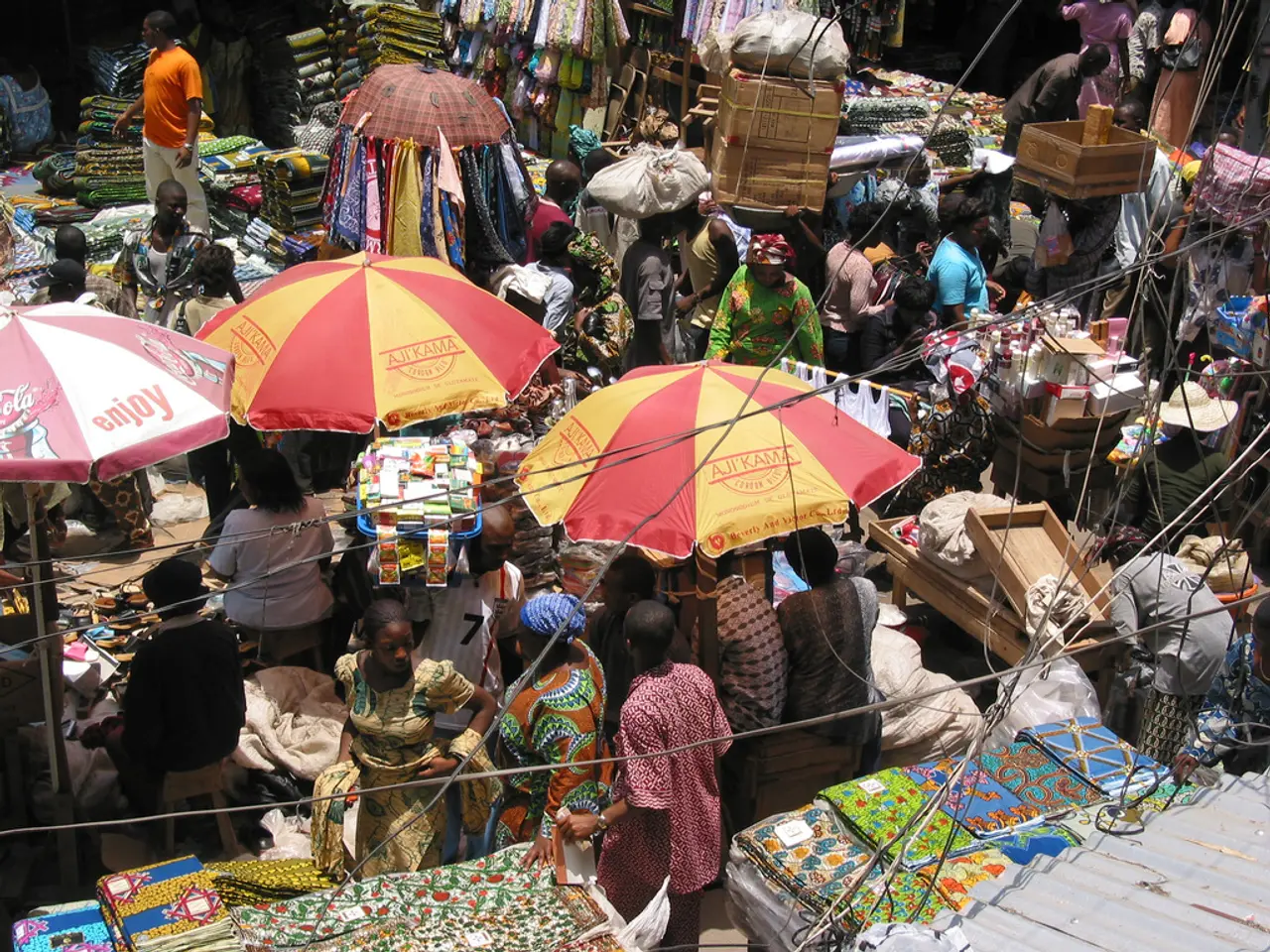Lukashenko discusses the core of Belarusian multi-directional policies and shares insights on ties with Russia
In a significant development, Belarusian President Alexander Lukashenko convened a meeting with the heads of Belarusian diplomatic missions on July 31, 2025. The primary focus of the gathering was to refine Belarus's foreign policy, ensuring tactical adaptability within a broader strategic framework [4][5].
Lukashenko underscored the importance of the economy as the bedrock of the nation's strength, asserting that economic vigour is directly linked to resolving social, cultural, and defence matters. This emphasis on economic stability underscores Lukashenko's strategic approach to governance and diplomacy [4][5].
Regarding the global discourse on multipolarity, Lukashenko acknowledged the shifting international landscape but reaffirmed Belarus's strong and loyal ties with Russia. He described Moscow as Belarus's closest and most significant partner, emphasising the resilience of Belarus amid Western sanctions and global economic pressure. Lukashenko commended the government for preserving stability and offering hope for the future in the face of external challenges [3].
The meeting also saw Lukashenko directing diplomats to deliver tangible economic results amidst deteriorating export figures and increasing sanctions pressure. This shift in diplomacy towards pragmatism is seen as a tool for economic survival and geopolitical manoeuvring, with hints at potential political concessions aimed at mitigating sanctions effects [2].
In addition, Lukashenko stated that relations with Russia are improving. His remarks underline Belarus’s geopolitical stance at the fault line of global confrontation, striving to maintain peace and economic stability in a shifting international order [3].
In summary, the meeting aimed to fine-tune foreign policy to navigate new regional and international realities, prioritising economic endurance, and aligning closely with Russia in a world moving towards multipolarity [3][4][5].
Diplomats were instructed to negotiate favorable trade agreements and economic partnerships to counteract the effects of deteriorating export figures and increasing sanctions pressure, demonstrating Belarus's pragmatic stance in international politics. The news of this shift in policy-and-legislation may have significant implications for war-and-conflicts, as increased economic stability could potentially lessen the country's reliance on aid or military support. As a result, general-news outlets may cover the evolving geopolitical landscape and potential shifts in alliances between Belarus and other nations, especially in the context of the global discourse on multipolarity, with Russia being a key player.







